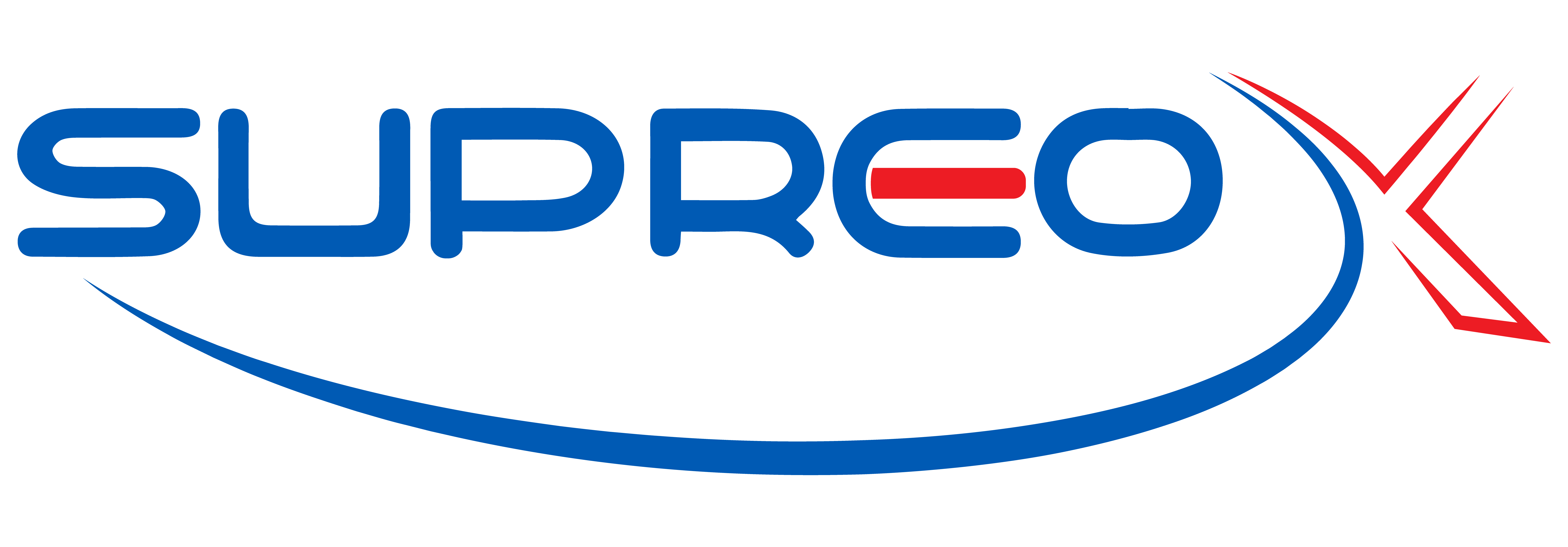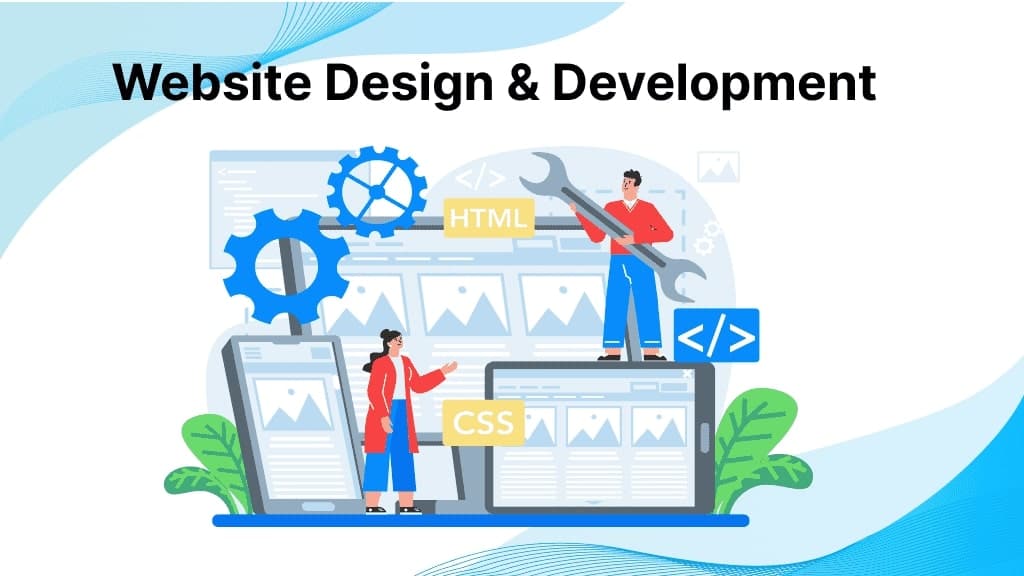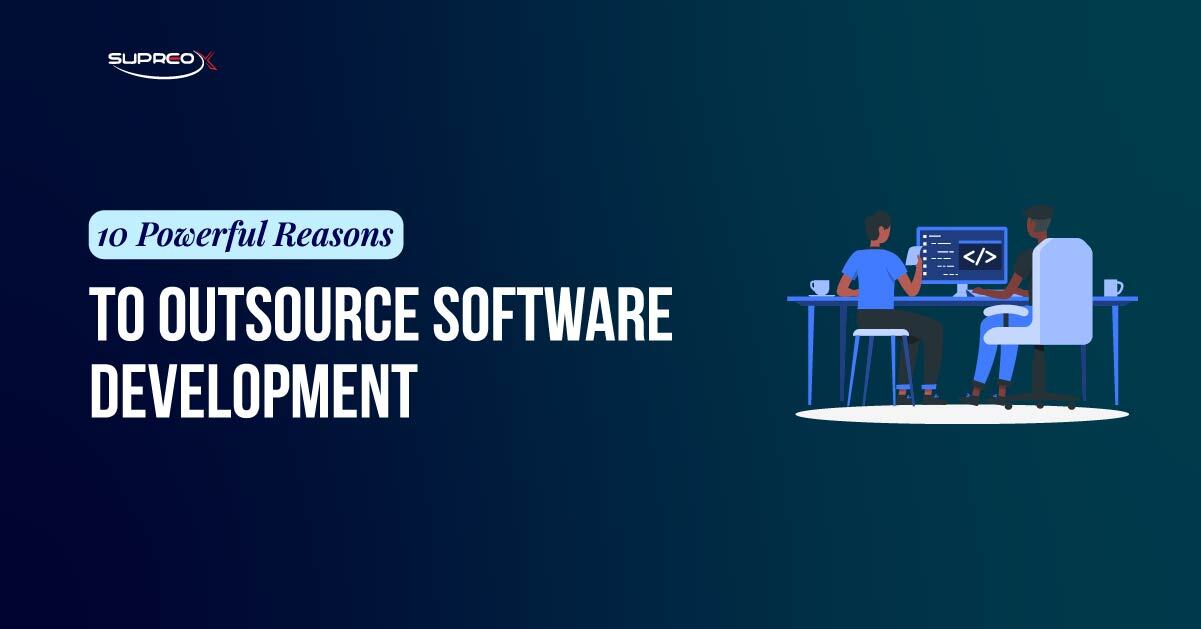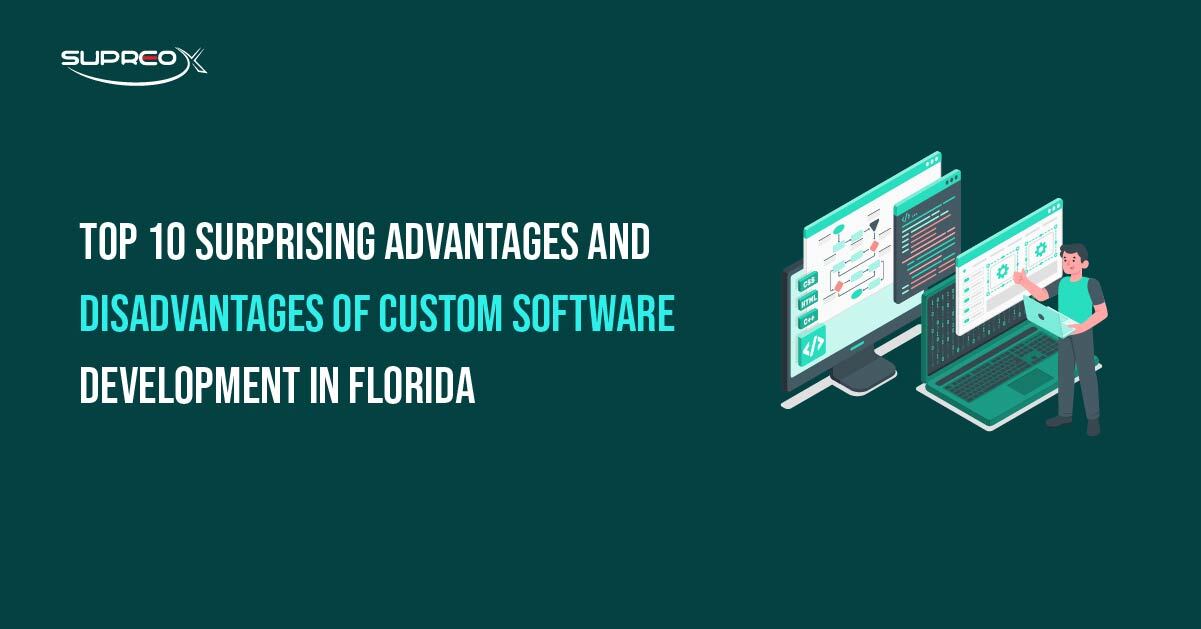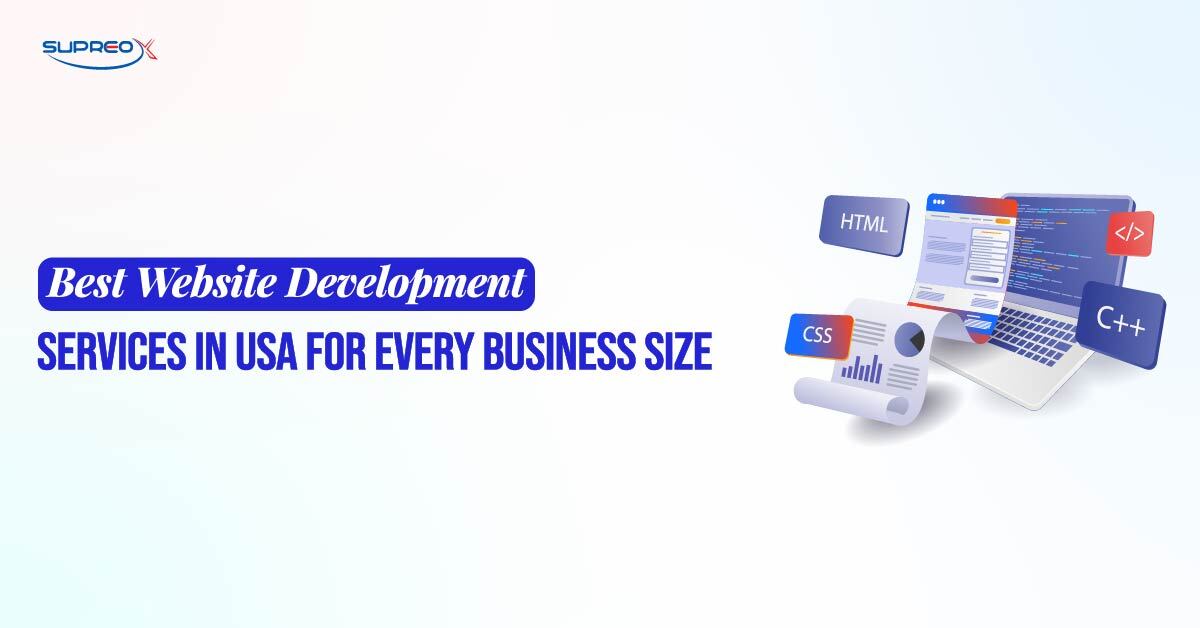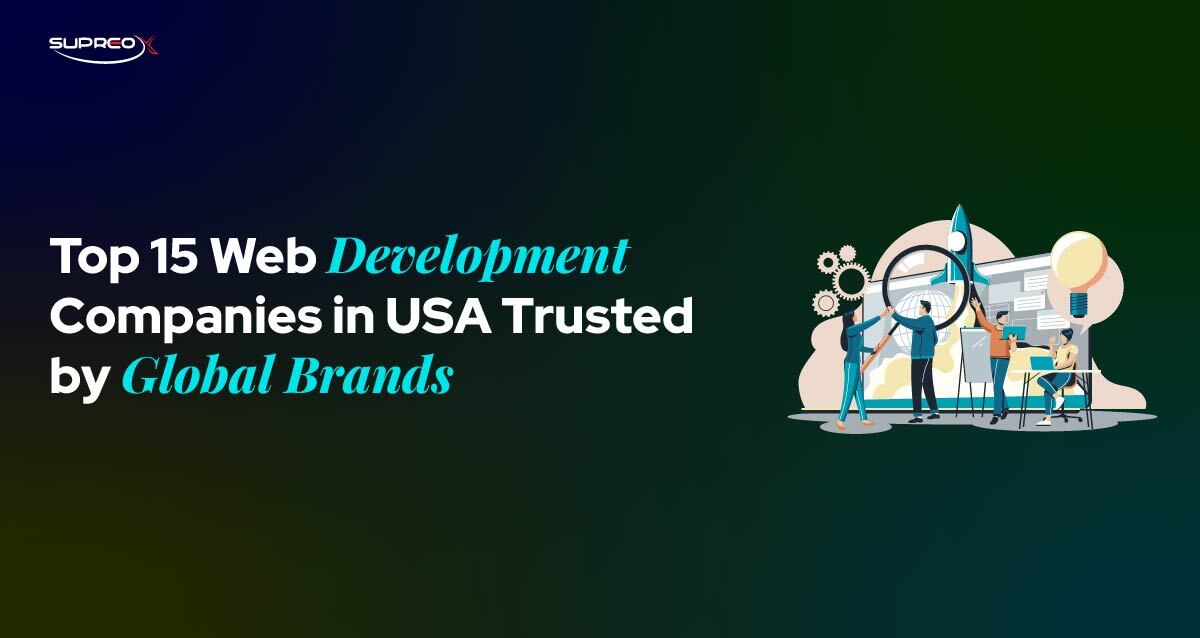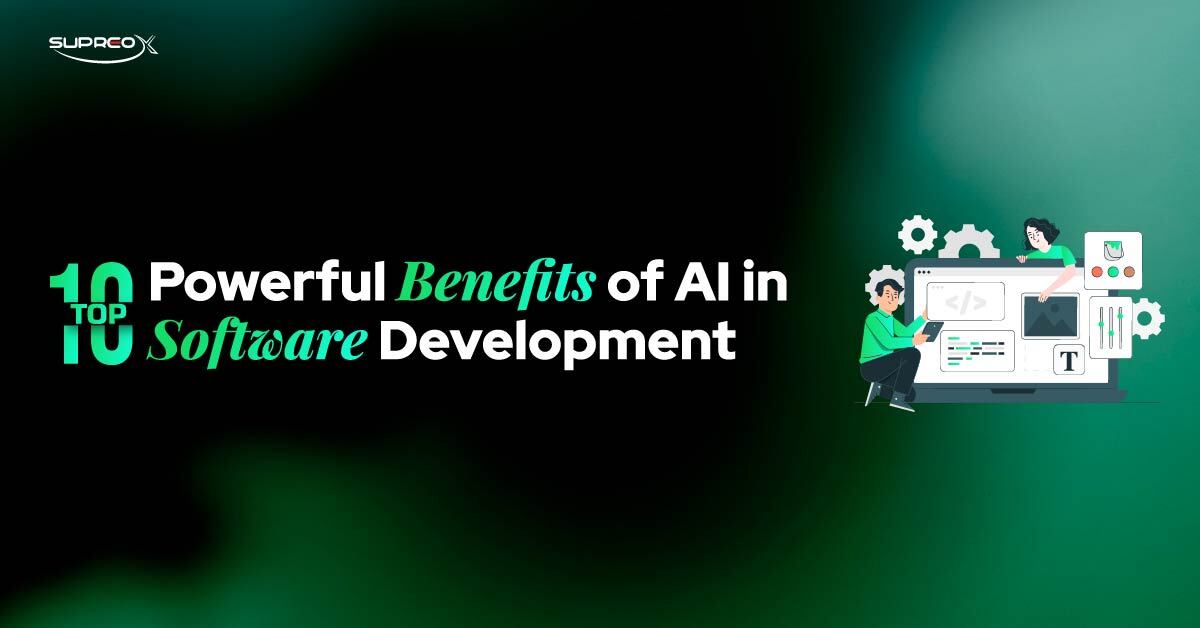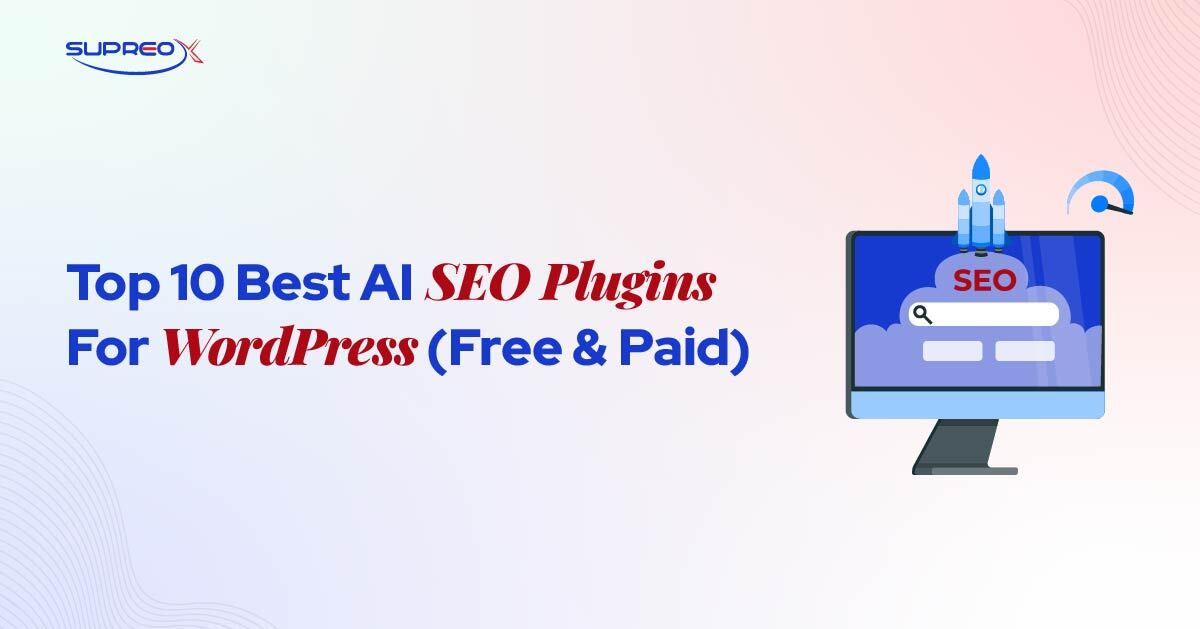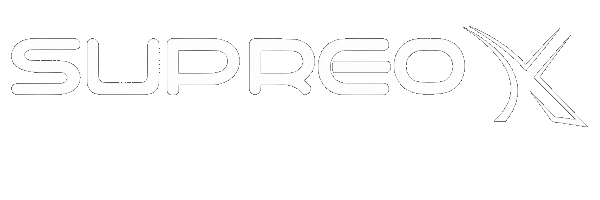Welcome to the world of Custom WordPress Website Design and development. This comprehensive guide is designed to walk you through the intricacies of creating a WordPress website that is not only unique and tailored to your needs but also resonates with your audience and stands out in the digital space.
WordPress, an open-source content management system (CMS), has revolutionized the way we create websites. It’s known for its flexibility, ease of use, and vast community of users and developers. Whether you’re a business owner, entrepreneur, a blogger, or an aspiring web developer, understanding how to leverage WordPress for custom website design and development is a skill that can set you apart.
What is WordPress?
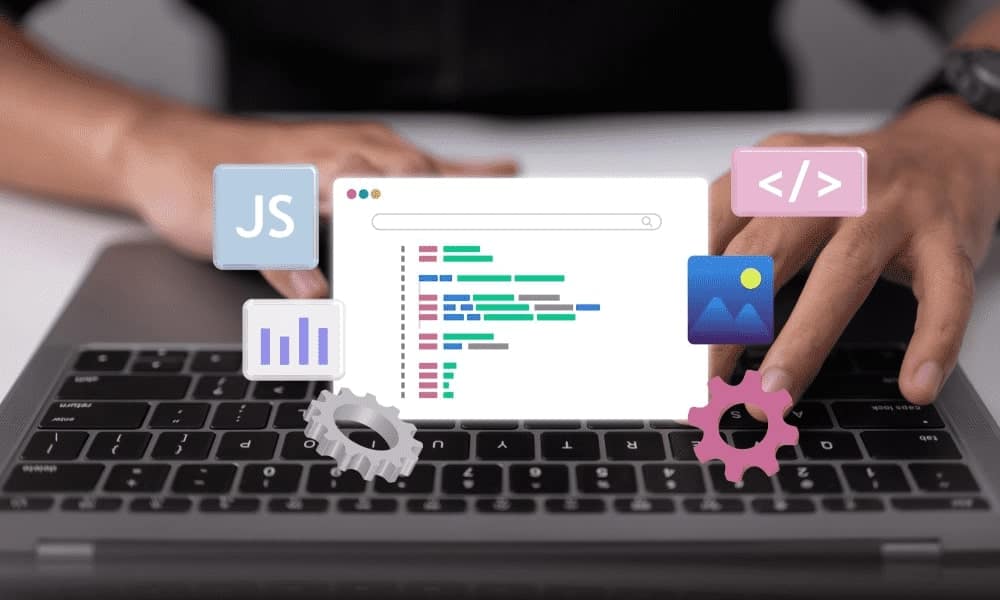
WordPress is the powerhouse behind over 40% of all websites on the internet. It’s a versatile Content Management System (CMS) that enables users to create and manage websites easily. Initially popular as a blogging platform, WordPress has evolved to support a wide range of website types, including e-commerce, portfolios, business sites, and more. Its flexibility and user-friendly interface make it an ideal choice for beginners and experienced web developers.
Why is WordPress So Popular?
User-friendly – No coding is required, making it accessible to beginners.
Highly Customizable – Thousands of themes and plugins allow for endless possibilities.
SEO-Optimized – WordPress is built to be search engine-friendly right out of the box.
Scalable & Flexible – WordPress can grow with you, whether you’re running a small blog or a large corporate site.
Massive Community Support – With millions of developers, designers, and contributors, help is always available.
But before you start building, you’ll need to understand the two different types of WordPress platforms.
- WordPress.com
- WordPress.org
WordPress.com vs WordPress.org: Which One Should You Choose?
When delving into WordPress, you’ll encounter two options: WordPress.com and WordPress.org. Understanding the differences between these is crucial for your custom WordPress website design and development project.
WordPress.com
This hosting service was created by Matt Mullenweg, the co-founder of WordPress. This platform is great for beginners and offers a range of hosting plans, including a free option. However, it comes with limitations in terms of customization and control.
WordPress.org
Often called self-hosted WordPress, it gives you full control over your website. You’ll need to purchase web hosting and install the WordPress software, but in return, you gain complete freedom to customize your site. This is the preferred option for custom WordPress website design and development.
By choosing WordPress.org, you unlock the full potential of customizing your website, from choosing your own hosting provider to installing custom themes and plugins. This route provides the flexibility needed for a truly bespoke website experience.
Why Choose Custom WordPress Design?
Opting for a custom WordPress design means choosing a path to stand out in the digital crowd. Here’s why custom design is a game-changer:
Strong Brand Identity: Custom design aligns your website with your brand’s unique identity and values.
Functionality Tailored to Your Needs: Every business has different needs, and a custom design allows you to build functionalities that cater specifically to those needs.
Competitive Edge: A unique design sets you apart from competitors, offering a distinctive user experience.
Flexibility and Scalability: Your custom-designed site can adapt and scale accordingly as your business grows.
Essential Elements of Custom WordPress Design
When crafting a custom WordPress site, certain elements are key:
Layout and Structure: The architecture of your site should be intuitive, guiding visitors through your content seamlessly.
Visual Harmony: Cohesive color schemes, consistent typography, and thoughtful imagery reflect your brand’s aesthetic.
Responsive Design: In today’s mobile-first world, ensuring your site looks great and functions well on all devices is non-negotiable.
Incorporating these design fundamentals will set the foundation for a successful, custom WordPress website that not only looks great but is also functional, user-friendly, and aligned with your business goals.
WordPress Development Essentials

WordPress Themes and Plugins
Themes and plugins are the backbone of custom WordPress development, offering endless possibilities for customization:
Themes: We dictate the visual appearance of your WordPress site. A theme includes layout, color scheme, font styles, and overall design. While thousands of pre-made themes are available, a custom theme allows you to tailor every aspect to your needs.
Plugins: These are add-ons that extend the functionality of your WordPress site. From SEO tools to social media integration and e-commerce capabilities, plugins can add almost any feature to your website.
Essential Plugins for Every Custom WordPress Site
While the plugins you choose will depend on your site’s specific needs, here are some universally beneficial ones:
Yoast SEO: Enhances your site’s search engine optimization.
WPForms: Allows you to create contact forms easily.
WooCommerce: The go-to plugin for adding e-commerce functionality.
Akismet Anti-Spam: Keeps spam comments at bay.
Jetpack: Offers a suite of security, performance, and site management features.
Selecting the right combination of themes and plugins is pivotal in shaping your WordPress site’s functionality and user experience.
How to Plan Your Custom WordPress Website?
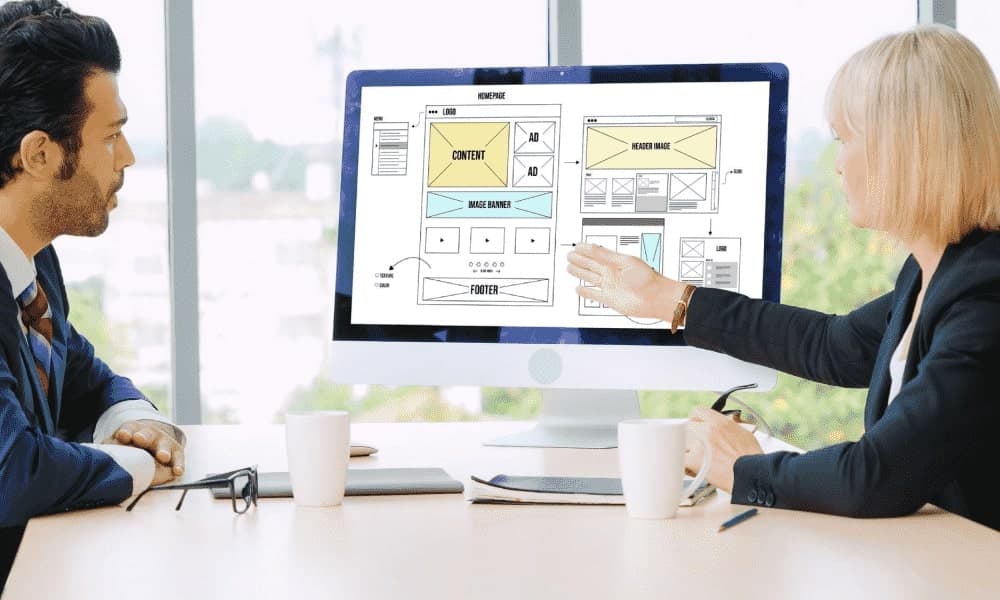
Set Goals and Define Your Audience
Before diving into design and development, it’s crucial to clearly understand what you want to achieve with your website and who your target audience is. This clarity will guide your design and content decisions. Consider the following:
- Identify the primary objective of your site. Is it to sell products, provide information, or showcase a portfolio?
- Understand your audience. What are their needs, preferences, and behaviors online? This knowledge will shape how you structure your site and what content you’ll produce.
SEO Strategies for Custom WordPress Websites
Optimizing your website for search engines is a must to ensure visibility and attract organic traffic:
Keyword Research: Identify keywords relevant to your niche and include them naturally in your content.
On-Page SEO: Optimize your content, meta tags, and images to improve search engine rankings.
Off-Page SEO: Build backlinks and improve your site’s authority and trustworthiness.
Setting clear goals, defining your audience, crafting a content strategy, and implementing Search Engine Optimization (SEO) are the foundational steps in planning a successful custom WordPress website.
Step-by-Step Guide to Designing a WordPress Site
Designing a custom WordPress site involves several key steps to ensure both aesthetic appeal and functionality:
- Define Your Design Objectives: Align the design with your brand identity and user expectations.
- Create Wireframes and Mockups: Sketch the basic layout before moving to a detailed design.
- Choose Color Scheme and Typography: Select colors and fonts that reflect your brand and are web-friendly.
- Design the User Interface: Focus on creating an intuitive and engaging user experience.
- Incorporate Brand Elements: Logos, brand colors, and other visual elements should be consistently used.
- Responsive Design: Ensure your design works seamlessly on various devices and screen sizes.
- Feedback and Revision: Gather feedback and make necessary adjustments to improve the design.
User Experience (UX) and User Interface (UI) in WordPress Design
UX and UI are crucial components of website design:
User Experience (UX): How users interact with your website. Good UX design makes your site easy and enjoyable to use.
User Interface (UI): This refers to the visual elements of your website. A well-designed UI is attractive and intuitive, guiding users naturally through the navigation.
Incorporating strong UX and UI practices into your WordPress design ensures a site that is not only visually appealing but also user-friendly and efficient.
Coding Basics for Custom WordPress Development
Understanding the basics of coding is essential for custom WordPress development. Here are the key languages and skills you should be familiar with:
HTML and CSS: The building blocks of web design used to create and style the layout of your website.
PHP: WordPress is built on PHP; knowledge of this language is crucial for modifying themes and creating custom functionalities.
JavaScript: This is used to add interactive elements to your WordPress site.
Maintenance and Updates

Keep Your WordPress Site Updated
Regular maintenance is key to the health and performance of your WordPress site:
Update WordPress Core, Themes, and Plugins: Regular updates contain new features, bug fixes, and security patches.
Monitor Site Performance: Use tools like Google Analytics to track site performance and user behavior.
Regular Site Backups: Schedule regular backups to prevent data loss in case of any issues.
Back-Up Your WordPress Site
Having a robust backup strategy is crucial:
Choose a Reliable Backup Solution: Consider plugins like UpdraftPlus or a hosting provider that offers regular backups.
Store Backups in Multiple Locations: Keep backups in various locations, such as cloud storage or an external hard drive.
Test Your Backups: Regularly test your backups to ensure they work correctly if you need to restore your site.
Regular maintenance and backups will keep your WordPress site secure, fast, and efficient, ensuring a great user experience at all times.
Conclusion
Custom WordPress website design and development offer unparalleled opportunities for creating a unique online presence. By following the guidance in this comprehensive guide, from understanding WordPress to launching and maintaining your site, you’ll be well-equipped to create a stunning and effective White-Level WordPress development website.
Whether you’re a beginner or an experienced developer, the journey through custom WordPress website design and development is rewarding and full of learning opportunities. Embrace the process, stay updated with the latest trends, and continually improve your site for the best results.
FAQs
What is the difference between a custom WordPress website and a pre-built theme?
A custom WordPress website is built from scratch, offering full control over design, functionality, and performance. A pre-built theme is a ready-made template with limited customization, often containing bloated code that may impact speed and flexibility.
How much does it cost to build a custom WordPress website?
Costs vary based on complexity: Basic ($500–$2,000), Advanced ($2,000–$10,000), Enterprise ($10,000+). Hiring a developer increases costs but ensures a professional, scalable website.
Is WordPress secure for custom website development?
Yes, WordPress is secure if properly maintained. Use strong passwords, security plugins (Wordfence, Sucuri), update regularly, choose secure hosting, and perform backups to protect your site.
How long does it take to build a custom WordPress website?
Timelines depend on complexity: Basic (2–4 weeks), Medium (4–8 weeks), Complex (8–16+ weeks). Factors like design approvals, testing, and revisions can affect development time.
What are the best WordPress plugins for a custom website?
Must-have plugins include Yoast SEO (SEO), WP Rocket (speed), Wordfence (security), UpdraftPlus (backup), WPForms (forms), WooCommerce (e-commerce), and Google Analytics (tracking).
Do I need coding skills to create a custom WordPress website?
No, WordPress allows site-building without coding, using themes and page builders. However, knowledge of HTML, CSS, JavaScript, and PHP helps with advanced customization.
How can I optimize my custom WordPress website for SEO?
Use keyword research, optimize meta tags, compress images, ensure mobile-friendliness, improve site speed with caching/CDN, and build backlinks for better rankings.
Can I scale my WordPress website as my business grows?
Yes, WordPress is highly scalable. Expand by adding pages, blog content, e-commerce (WooCommerce), membership areas, and integrations, and upgrade to scalable hosting.
What is the best hosting for a custom WordPress website?
Top choices include SiteGround (reliable support), WP Engine (managed hosting), Bluehost (budget-friendly), and Kinsta (high-performance cloud hosting). Avoid cheap shared hosting.
How do I maintain my custom WordPress website after launch?
Regularly update WordPress core, themes, and plugins, monitor site speed, perform security checks, fix broken links, optimize SEO, and back up data. Use a maintenance service if needed.
